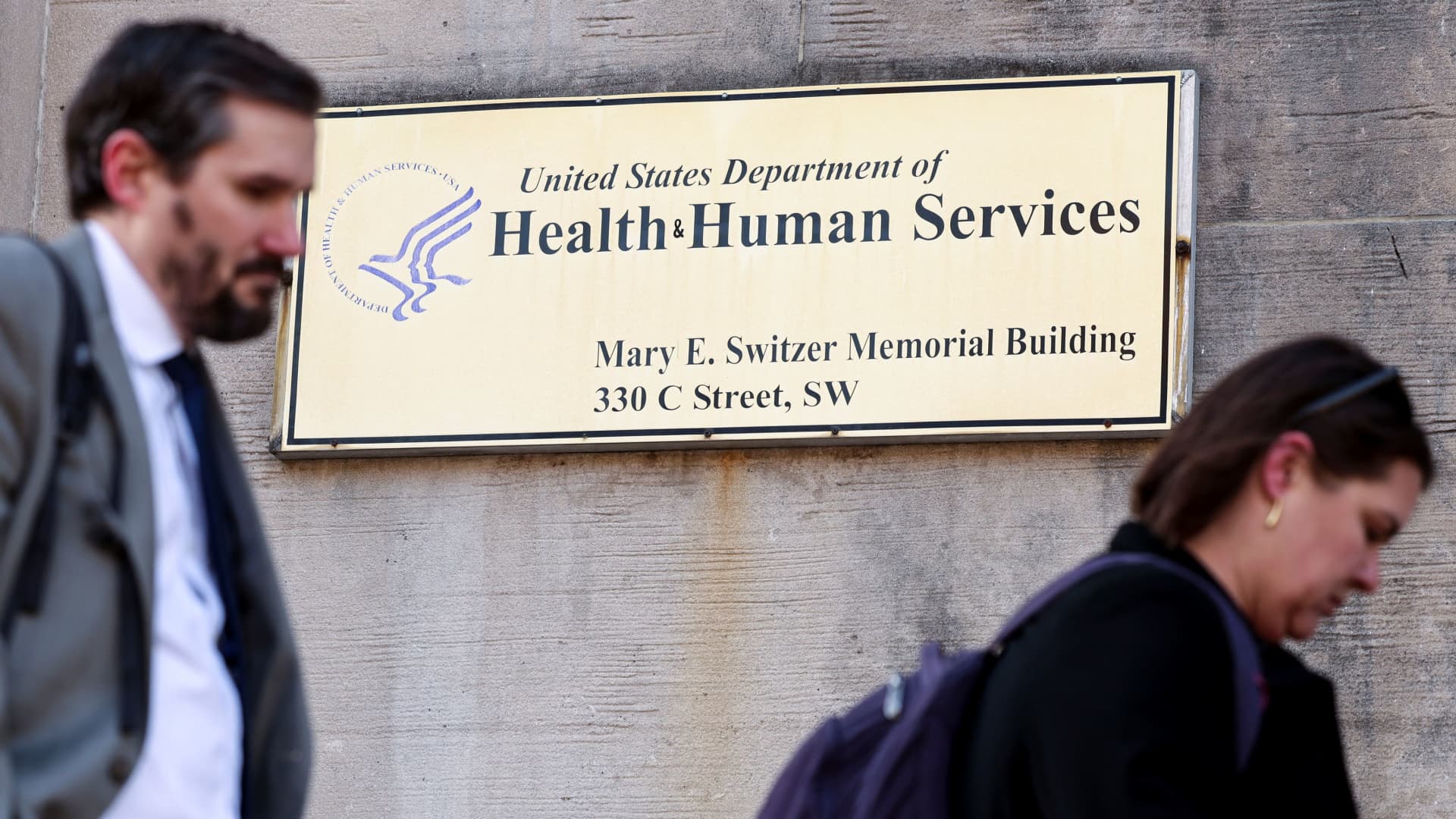RFK Jr.’s Controversial Move: The Impact on Minority Health Initiatives
Robert F. Kennedy Jr. has sparked widespread debate with his proposal to dismantle key minority health offices within the Department of Health and Human Services (HHS). The plan, announced last week, targets programs designed to address healthcare disparities among marginalized communities. Critics warn this move could undermine decades of progress in health equity, while supporters argue it streamlines bureaucratic inefficiencies.
Targeted Offices and Their Critical Role
The offices at risk include the Office of Minority Health (OMH) and the Office of Civil Rights (OCR), both instrumental in advancing healthcare access for communities of color, LGBTQ+ individuals, and low-income populations. Established in 1986, the OMH has spearheaded initiatives to reduce disparities in chronic diseases, maternal mortality, and mental health services.
- OMH’s impact: Funded over 1,200 community health programs in the past decade, reducing diabetes disparities by 15% in Black and Hispanic communities.
- OCR’s enforcement: Investigated 500+ discrimination complaints annually, ensuring hospitals and clinics comply with federal equity laws.
Dr. Alisha Moreno, a public health researcher at Howard University, condemned the proposal: “Eliminating these offices would erase lifelines for vulnerable populations. We’re talking about measurable declines in preventable deaths.”
The Rationale Behind the Proposal
Kennedy’s campaign cites redundancy and fiscal responsibility as primary motivations. His team claims overlapping roles across HHS divisions waste taxpayer dollars, arguing that state-level programs could absorb these responsibilities more efficiently. A spokesperson stated, “This restructuring prioritizes outcomes over bureaucracy.”
However, data contradicts this assertion. A 2023 Kaiser Family Foundation report found federal minority health initiatives improved care access for 12 million people last year—a figure state programs alone haven’t matched.
Potential Consequences for Marginalized Communities
Advocates fear the dissolution of these offices could exacerbate existing gaps:
- Maternal health: Black women are 3x more likely to die from pregnancy-related causes than white women, a disparity OMH programs actively combat.
- COVID-19 disparities: OCR investigations during the pandemic ensured equitable vaccine distribution in underserved areas.
Rev. Samuel Greene, a civil rights leader in Atlanta, warned: “Without federal oversight, systemic biases will go unchecked. This isn’t just policy—it’s life or death for our communities.”
Political and Public Reactions
The proposal has drawn sharp rebukes from Democrats and health organizations. The NAACP and American Medical Association issued joint statements calling it a “dangerous rollback of civil rights protections.” Conversely, some conservative groups applaud the move as a step toward smaller government.
Public opinion remains divided. A recent Pew Research poll shows 58% of Americans support maintaining federal health equity programs, though partisan splits are stark: 82% of Democrats favor them, compared to 31% of Republicans.
What’s Next for Health Equity Efforts?
If implemented, the changes could take effect as early as 2025. Legal challenges are likely, given the offices’ ties to anti-discrimination laws. Meanwhile, grassroots organizations are mobilizing to fill potential gaps, though funding remains a hurdle.
For now, stakeholders urge voters to scrutinize the policy’s human cost. As Dr. Moreno emphasized, “Health equity isn’t a line item—it’s a moral obligation.” To stay informed, contact your representatives or support advocacy groups like the National Minority Health Association.
See more WebMD Network



